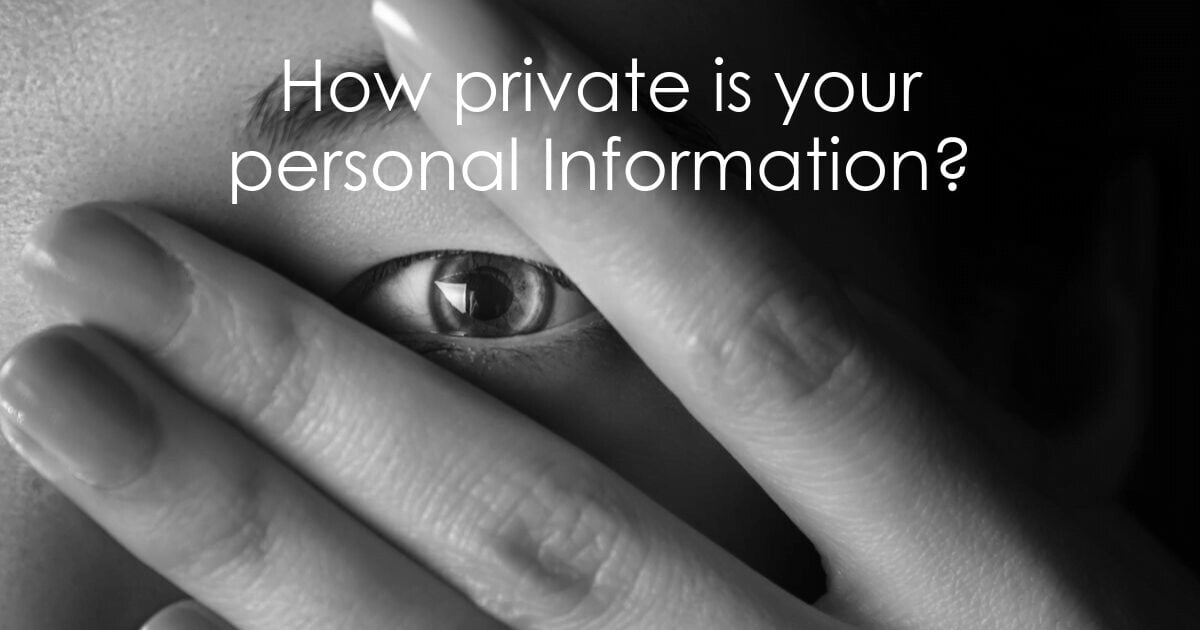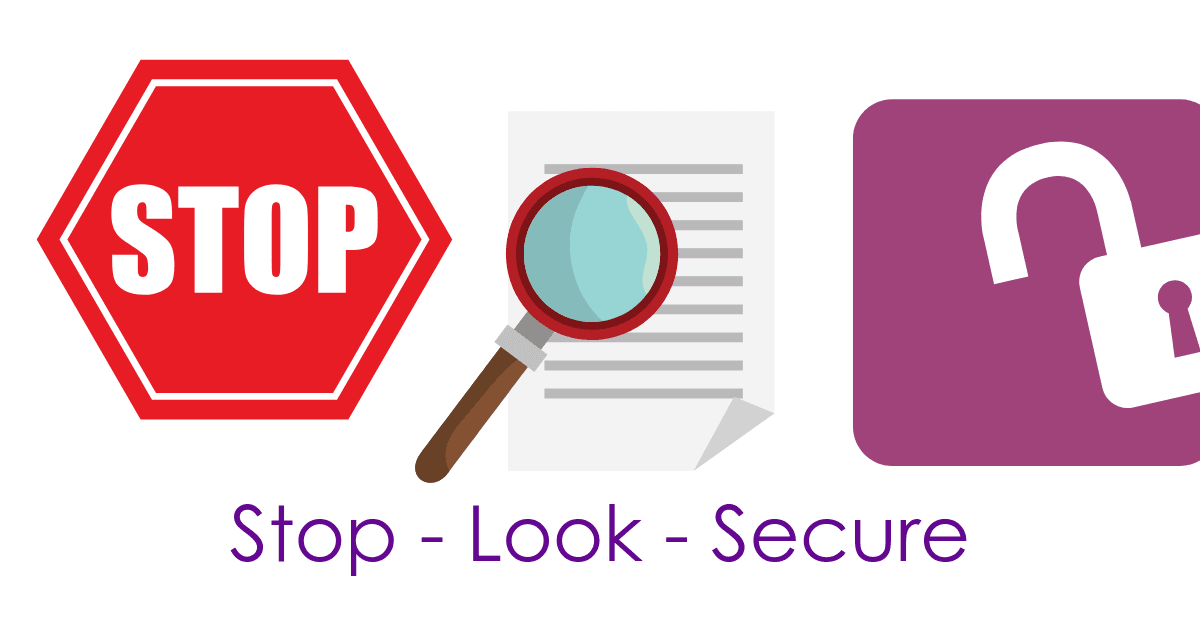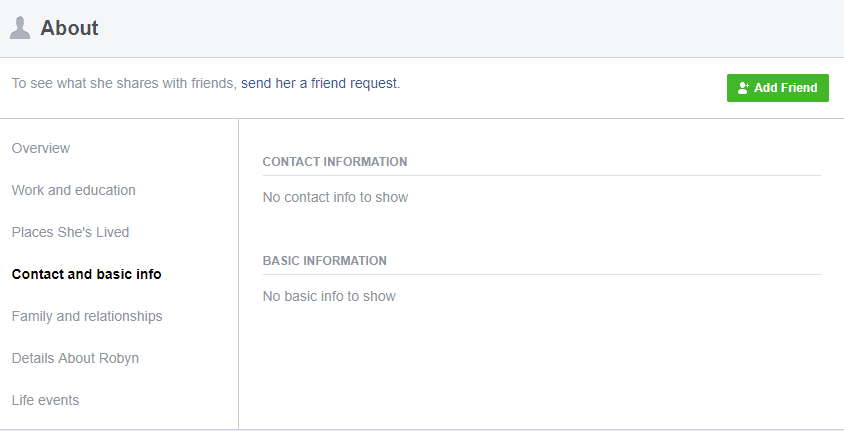
In the world that we live in today, it has become the norm to share our date of birth on Facebook so our friends can wish us “Happy Birthday”, we post our dogs, holidays and children on Instagram and tweet about our thoughts on twitter. Because this has become normality, we forget to sometimes sit back and think about exactly who can access this information. Often we can be naive and think its just our friends that are the audience but in reality, friends of friends and total strangers are able to access personal data that we publicly post on social media without batting an eyelid (unless you set up your privacy restrictions but probably 90% of people do not).
The problem with this is that cyber criminals are then able to study your social media to gain insights and information about you which they can use to power criminal activity, such as fraud and phishing attacks.
Watch this video from the Cyber Security Hub to see how some people will “give anything for a cuppa” (but not intentionally).
Well, wasn’t that an eye opener.
If you would like to make the information on your social media accounts less accessible, follow our 3 step rule to becoming more private online.

Stop
Our advice is for everyone to re-assess the privacy level of their social media accounts to help stop criminals gaining information such as your date of birth, your address, how many children you have and so on…
So stop posting, stop sharing right now…
Look
Our next step is to look at what you are currently posting and check what information your friends and non-friends are able to gather. Facebook allows you to “view as” someone who isn’t your friend so you are able to easily see what they would be able to see.
Below you can see a two snippets of the “About” section on a Facebook account. You are unable to access contact or basic information, you aren’t able to see what school they attended or where they work which is exactly what we recommend.


Secure
We would recommend that you do not share personal details online and also go to the “settings” section of your social media accounts and restrict your photos, posts and personal information to just your friends or even delete some of this information.
Lastly, it is advised that you are more selective when it comes to posting online and maybe cut down the amount of personal information you post.
Moving on from the information you post, it is also scary to think that the personal information you give to your bank, supermarkets and various other organisations can also be leaked, whether that’s by accident or because organisations are not following protocol.
A researcher trialled this by contacting various companies in an experiment to see what sort of information he could gain about his fiancee.
He managed to gain:
- Details of his partners overnight stays from a UK hotel company.
- Records of the journeys she had taken over a seven year period from 2 UK rail companies.
- High school grades, her mother maiden name and the results of a criminal check from a US-based educational company.
The alerting problem with this is that, what if this person was impersonating your fiancee and was able to gain the above. Handing over this information is against GDPR regulations and hopefully publicising stories like this will alert organisations to better train their staff.
If you would like to know more about this story, please read the full bbc article here.



